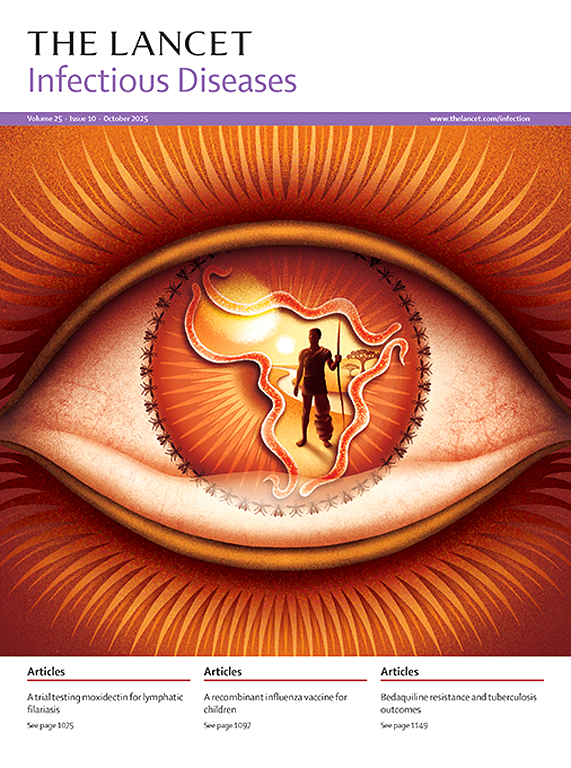Artificial intelligence and One Health: potential for spillover prediction?

This publication is part of the project ‘Preparing for vector-borne virus outbreaks in a changing world: a One Health Approach’ (NWA.1160.1S.210) which is (partly) financed by the Dutch Research Council (NWO).

Authors: Marion Koopmans, Istvan Csabai, Daniel Remondini, Emma Snary, Frank Aarestrup
Abstract
The global emergence of SARS-CoV-2, ongoing spread of mpox in the African region, highly pathogenic avian influenza in cattle in the USA, and bacteria with enhanced antimicrobial resistance show how difficult it is to control emerging epidemics in modern society. With increasing exploitation of natural resources, the growing demand for animal protein, the continued encroachment of humans on natural environments, and the unpredictable impact of climate change, the risk of pathogen spillovers continues to be present.1,2 Adoption of a One Health approach by public health actors and policy makers recognises these complex interactions and advocates for a systems approach at the forefront of pandemic preparedness, as written in the WHO pandemic treaty.3 The One Health approach has been advocated for the early detection and surveillance of vector-borne diseases, such as West Nile virus, and zoonotic diseases, such as avian influenza, and the potential rise in antimicrobial resistance from overuse of antibiotics in livestock.
Read the whole publication here.
Source: The Lancet